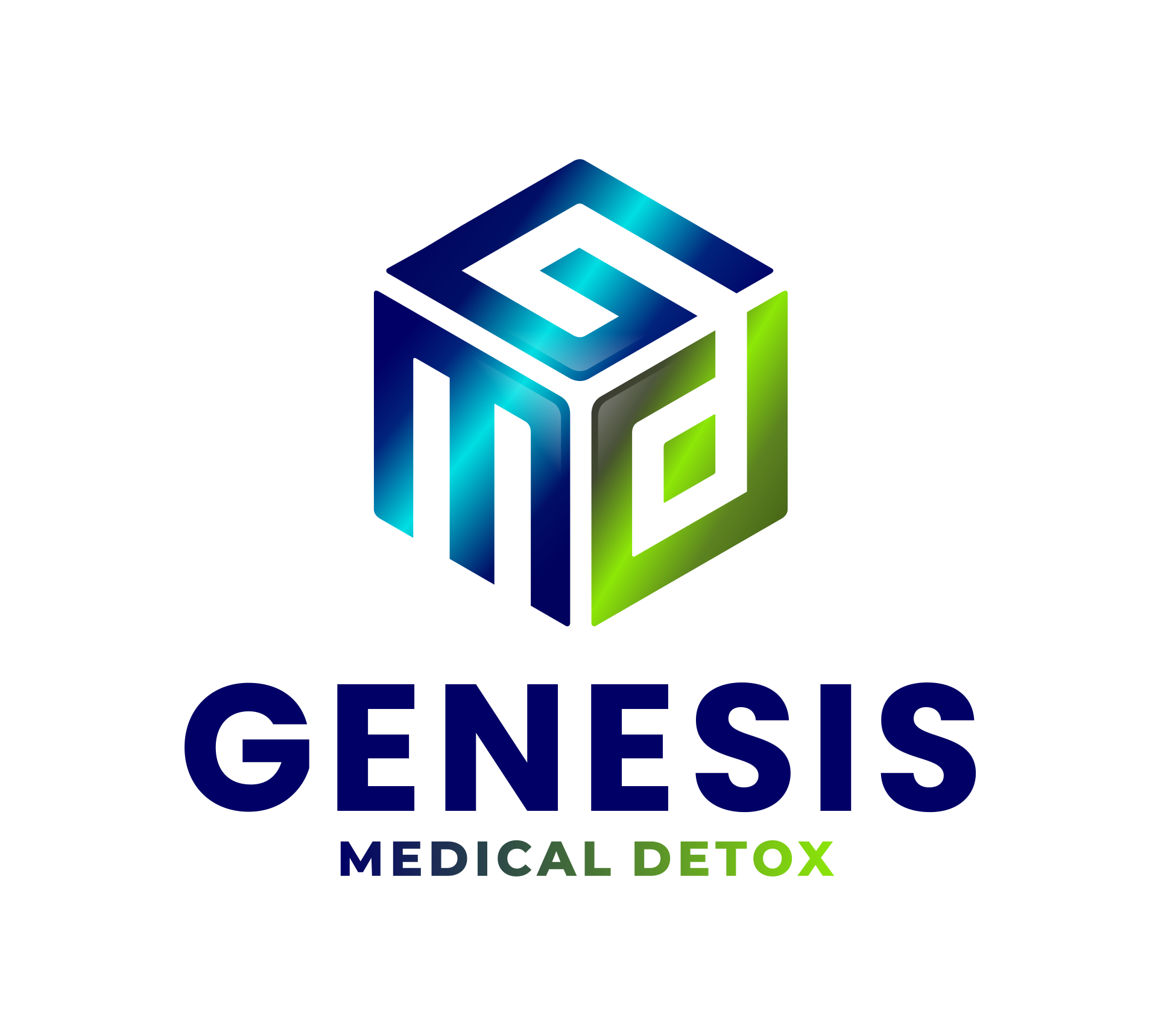
The Opioid Crisis in Texas
The opioid crisis has emerged as one of the most pressing public health issues in the United States, and Texas, with its vast geographical expanse and diverse population, is not immune to this dilemma. The state has witnessed a dramatic increase in opioid prescribing, addiction, and overdose deaths over the past two decades. The following explores the multifaceted nature of the opioid crisis in Texas, addressing its origins, the socio-economic implications, state and federal responses, and the path forward for recovery and prevention.
The origins of the opioid crisis in Texas can be traced back to the late 1990s, paralleling a nationwide trend. Pharmaceutical companies began aggressively marketing opioid pain relievers, promoting them as not only safe but also non-addictive. This was a pivotal misrepresentation that led to a sharp increase in prescriptions across all demographics. In Texas, the consequences of these practices were particularly pronounced in both urban and rural communities, where access to healthcare varies significantly. The state’s unique landscape, characterized by extensive rural areas, has compounded the problem. In many such regions, residents have limited access to healthcare services, leading to a reliance on readily available opioids for pain management.
The socio-economic implications of the opioid crisis in Texas are profound and far-reaching. The consequences of opioid addiction extend beyond individual health, affecting families, communities, and the state’s economy. In recent years, Texas has seen a sharp rise in opioid-related emergency room visits and overdose deaths, which have exerted tremendous pressure on healthcare systems. The Texas Department of State Health Services reported that from 2016 to 2021, opioid overdoses increased by 49%, with a significant portion of these deaths linked to synthetic opioids such as fentanyl. This alarming statistic not only highlights the urgent need for intervention but also underscores the social stigma often associated with addiction, which can hinder individuals from seeking help.
Moreover, the crisis has led to increased rates of neonatal abstinence syndrome, whereby infants are born dependent on opioids and must go through withdrawal. These health complications demand extensive medical resources and interventions, further straining the financial frameworks of healthcare systems in Texas. Additionally, there are economic repercussions tied to productivity losses, increased criminal justice costs, and the burden placed on social services that must support families affected by addiction.
In response to the growing crisis, both state and federal governments have implemented various strategies aimed at curbing opioid misuse and promoting recovery. Texas has initiated several programs, including the Texas Prescription Monitoring Program (PMP), which allows healthcare providers to track patients’ prescriptions and assess potential risks of addiction. Furthermore, Texas has allocated resources for public awareness campaigns focused on the safe use and disposal of opioids, as well as addiction prevention and treatment services. Health care providers are now being encouraged to adopt pain management protocols that prioritize non-opioid alternatives and comprehensive treatment plans.
Despite these efforts, challenges remain. The stigma surrounding opioid addiction continues to hinder treatment accessibility, particularly in rural areas where residents may be reluctant to seek help. Additionally, the rise in fentanyl use has complicated the landscape, as opioid users often unknowingly consume this potent synthetic substance, increasing the risk of fatal overdoses. The sheer scale and complexity of the crisis necessitate a sustained, multifaceted approach that includes not only healthcare interventions but also community engagement and education.
To effectively address the opioid crisis in Texas, a holistic strategy is essential. This strategy should include enhanced access to mental health services, expanded addiction treatment programs, and grassroots community initiatives that foster education and awareness. Moreover, collaboration between public health officials, law enforcement, educational institutions, and community organizations is crucial. By fostering an environment that supports recovery and dismantles stigma, Texas can make strides toward mitigating the impact of the opioid crisis.
What treatments are being used to combat the Opioid Crisis in Texas
The opioid crisis has emerged as a significant public health challenge in the United States, with Texas being no exception. This epidemic has sparked widespread concern among policymakers, healthcare providers, and communities as the state grapples with rising rates of opioid misuse, addiction, and overdose deaths. In recent years, Texas has implemented a multi-faceted approach to combat this crisis, employing a variety of treatment options designed to address both the medical and socio-economic dimensions of opioid addiction.
Medication-Assisted Treatment (MAT)
A cornerstone of the treatment strategies in Texas is Medication-Assisted Treatment (MAT), which combines the use of medications such as buprenorphine, methadone, and naltrexone with counseling and behavioral therapies. Research has demonstrated that MAT can significantly reduce the potential for opioid misuse and increase the chances of recovery by addressing the biological components of addiction. In Texas, the Department of State Health Services (DSHS) has expanded access to MAT in various healthcare settings, including outpatient clinics and residential treatment facilities.
Buprenorphine, in particular, has garnered attention for its dual action as a partial agonist, effectively relieving withdrawal symptoms while lowering the risk of misuse. Methadone treatment, provided through specialized clinics, is another element of the MAT strategy and has been established as a critical resource for those seeking recovery. Furthermore, naltrexone, an opioid antagonist that blocks the effects of opioids, is employed in both opioid and alcohol use disorder treatment, providing individuals with an option to maintain abstinence over the long term.
Counseling and Behavioral Therapies
Beyond pharmacological interventions, Texas has prioritized the integration of counseling and behavioral therapies into treatment plans. Evidence-based approaches such as Cognitive Behavioral Therapy (CBT), contingency management, and motivational interviewing are widely utilized to help individuals modify their harmful behaviors and develop healthier coping mechanisms. These therapies encourage self-efficacy and provide patients with tools to manage cravings and triggers, thereby enhancing the overall effectiveness of MAT.
Additionally, the role of peer support groups cannot be overstated. Programs such as Alcoholics Anonymous (AA) and Narcotics Anonymous (NA) have a strong presence throughout Texas, providing individuals in recovery with vital social support, encouragement, and accountability. This combination of structured therapies and peer support fosters a comprehensive recovery environment, allowing individuals to address both the psychological and emotional aspects of addiction.
Integration of Services
Recognizing the complexity of addiction, healthcare providers in Texas are increasingly adopting a holistic approach to treatment that integrates mental health and substance use services. The Texas Health and Human Services (HHS) system has initiated programs that facilitate collaboration among mental health professionals, substance use counselors, social workers, and primary care providers, creating a continuum of care that addresses all facets of an individual’s health.
Further, initiatives such as the Texas Targeted Opioid Response (TTOR) are valuable in providing funding for local communities to develop innovative, evidence-based solutions to the opioid crisis. By supporting comprehensive treatment options that address social determinants of health, the TTOR aims to enhance both access to care and the quality of treatment services available to those struggling with opioid use disorder.
Prevention and Education
In conjunction with treatment efforts, Texas has also prioritized prevention and education as integral components in combating the opioid crisis. Programs aimed at increasing awareness about the risks of opioid misuse, the importance of safe prescribing practices, and the availability of overdose reversal drugs such as naloxone have been implemented statewide. The Texas DSHS has initiated public awareness campaigns to educate individuals about recognizing the signs of addiction and seeking help early, thereby reducing the stigma often associated with substance use disorders.
The opioid crisis in Texas requires a comprehensive and coordinated response that encompasses a range of treatment modalities, from medication-assisted treatment and behavioral therapies to integrated health services and community prevention initiatives. As the state continues to combat this pervasive issue, the commitment to expanding access to effective treatment and fostering a supportive environment for recovery remains paramount. The collaborative efforts of healthcare providers, policymakers, and the community at large will be crucial in curbing the opioid epidemic, ultimately fostering healthier futures for individuals and families across Texas.
How Genesis Medical Detox is Making a Difference in the Texas Opioid Crisis
The opioid crisis has emerged as a significant public health challenge in the United States, with Texas being considerably impacted by this epidemic. As addiction rates soar and the consequences of opioid misuse extend beyond individual suffering to broader societal issues, the need for effective interventions and comprehensive treatment options becomes paramount. Genesis Medical Detox, situated in the heart of Texas, has stepped up to address this crisis through a holistic approach that prioritizes medical expertise, compassionate care, and community involvement. The following will explore how Genesis Medical Detox is making a notable difference in combating the opioid epidemic in Texas.
Medical Expertise and Evidence-Based Practices
At the core of Genesis Medical Detox’s mission is the provision of evidence-based medical care. Research has shown that medically supervised detoxification is critically important for individuals struggling with opioid addiction. Genesis Medical Detox employs a team of qualified medical professionals who are specially trained in addiction medicine. These experts utilize a range of treatment protocols that align with best practices, including medication-assisted treatment (MAT), comprehensive assessments, and tailored detox programs. By employing medications such as buprenorphine or methadone, Genesis Medical Detox helps mitigate withdrawal symptoms, significantly enhancing the comfort and safety of clients during the detoxification process.
Furthermore, the facility is committed to individualizing each patient’s treatment plan, taking into consideration their unique medical history, substance use patterns, and personal circumstances. This personalized approach not only increases the likelihood of successful detoxification but also fosters a sense of trust and partnership between patients and caregivers, an essential dynamic in the journey toward recovery.
Compassionate and Comprehensive Care
In addition to medical expertise, Genesis Medical Detox emphasizes the importance of compassionate care. The facility recognizes that addiction is a multifaceted disease, often rooted in psychological, emotional, and social factors. As such, Genesis Medical Detox adopts a holistic framework for treatment that addresses these various dimensions of addiction. Mental health support, behavioral therapy, and group counseling sessions are integral components of the detox process. By offering these services, Genesis cultivates a nurturing environment where patients can process their experiences, learn coping mechanisms, and build resilience.
This compassionate approach is particularly crucial in a state like Texas, where stigma around addiction persists. By fostering an atmosphere of acceptance and understanding, Genesis Medical Detox enables individuals to feel safe in seeking help. The facility actively engages in public education campaigns to combat stigma and raise awareness about the realities of addiction, encouraging a community-oriented response to the opioid crisis.
Community Involvement and Outreach
Genesis Medical Detox also recognizes that addressing the opioid crisis requires a collective effort. The facility actively collaborates with local organizations, healthcare providers, and law enforcement agencies to coordinate efforts aimed at reducing opioid-related harm within communities. This outreach not only raises awareness about the dangers of opioid misuse but also connects individuals with resources they need for recovery.
Through partnerships with local non-profits and educational institutions, Genesis Medical Detox participates in community events that focus on prevention and intervention. By organizing workshops, informational sessions, and support groups, the facility seeks to empower individuals and families affected by addiction. This commitment to community engagement highlights the importance of establishing a support network that extends beyond the treatment center, fostering a culture that prioritizes recovery and healing.
The Texas opioid crisis remains a formidable challenge, but organizations like Genesis Medical Detox offer hope through their dedication to comprehensive, compassionate, and community-focused care. By employing medical expertise grounded in evidence-based practices, prioritizing the holistic well-being of clients, and committing to community outreach, Genesis Medical Detox is making a meaningful difference in the lives of individuals affected by opioid addiction. As Texas continues to grapple with the repercussions of the opioid epidemic, the work carried out by Genesis Medical Detox serves as a vital reminder of the impact that informed, compassionate care can have in the fight against addiction. Through their efforts, they are not only transforming individual lives but also contributing to a broader movement toward healing in the fabric of Texas communities.
In Conclusion
In conclusion, the opioid crisis in Texas represents a significant public health challenge shaped by diverse socio-economic factors and deeply rooted systemic issues. As the state continues to grapple with the ramifications of opioid misuse, a comprehensive, collaborative approach is crucial to fostering recovery and preventing future addiction. With concerted efforts from all sectors of society, Texas can work towards reversing the tide of the opioid epidemic, restoring hope and health to countless individuals and families affected by this crisis.
If you or someone you know is struggling with a chemical dependency issue reach out to Genesis Medical Detox‘s various locations: Genesis Medical Detox Tennessee, Genesis Medical Detox Alabama and Genesis Medical Detox Texas; or Magnolia Ranch Recovery our sister residential treatment company today and get started on the path to long-term recovery.








